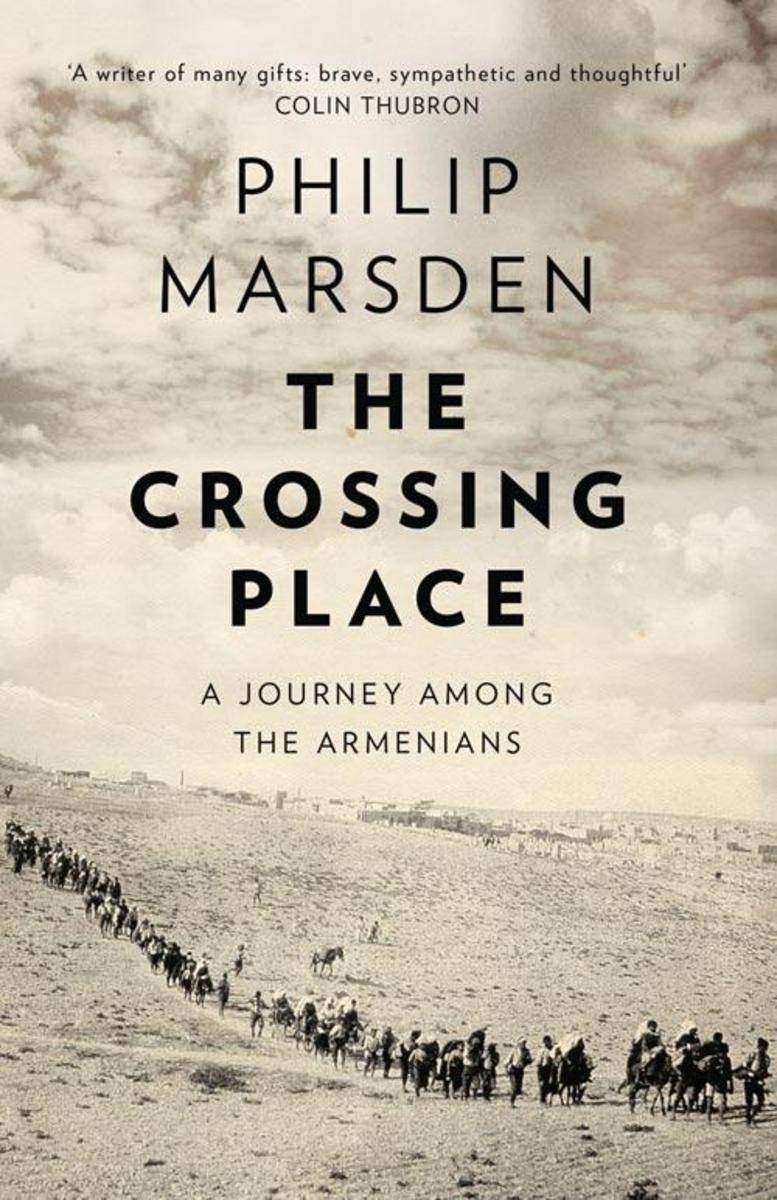
The Crossing Place: A Journey among the Armenians
¥66.22
Philip Marsden is the author of The Bronski House, The Spirit-Wrestlers (winner of the Thomas Cook Travel Book of the Year Award), The Chains of Heaven, The Barefoot Emperor, The Levelling Sea and Rising Ground. He is a fellow of the Royal Society of Literature and his work has been translated into more than a dozen languages. He lives in Cornwall.

Truly Scrumptious Baby: My complete feeding and weaning plan for 6 months and be
¥124.59
Holly Willoughby is best known for her presenting roles on This Morning, Surprise Surprise and Celebrity Juice. After she was discovered by Storm Modelling Agency on a school trip at the age of 14, she quickly went on to land modelling jobs and presenting roles for various CiTV children’s programmes, all before becoming the co-presenter of Dancing on Ice with Philip Schofield. Juggling her busy television career with being a mum to her three small children, she is also the author of Truly Happy Baby and co-author of a series of children’s books with her sister, Kelly.
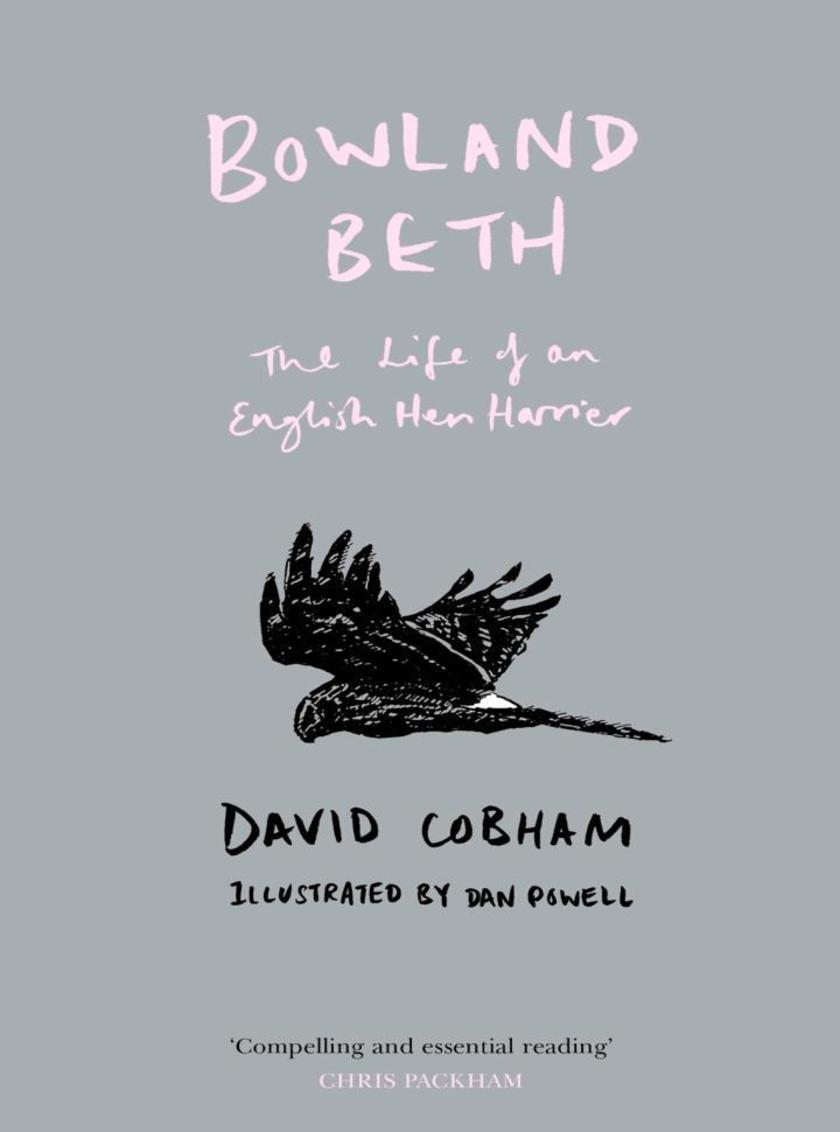
Bowland Beth: The Life of an English Hen Harrier
¥125.18
David Cobham was an internationally renowned filmmaker, well known for his films Tarka the Otter and The Goshawk. Dan Powell is a wildlife artist best known for the field guide to The Dragonflies of Great Britain. His drawings and paintings have appeared in numerous wildlife books and publications.
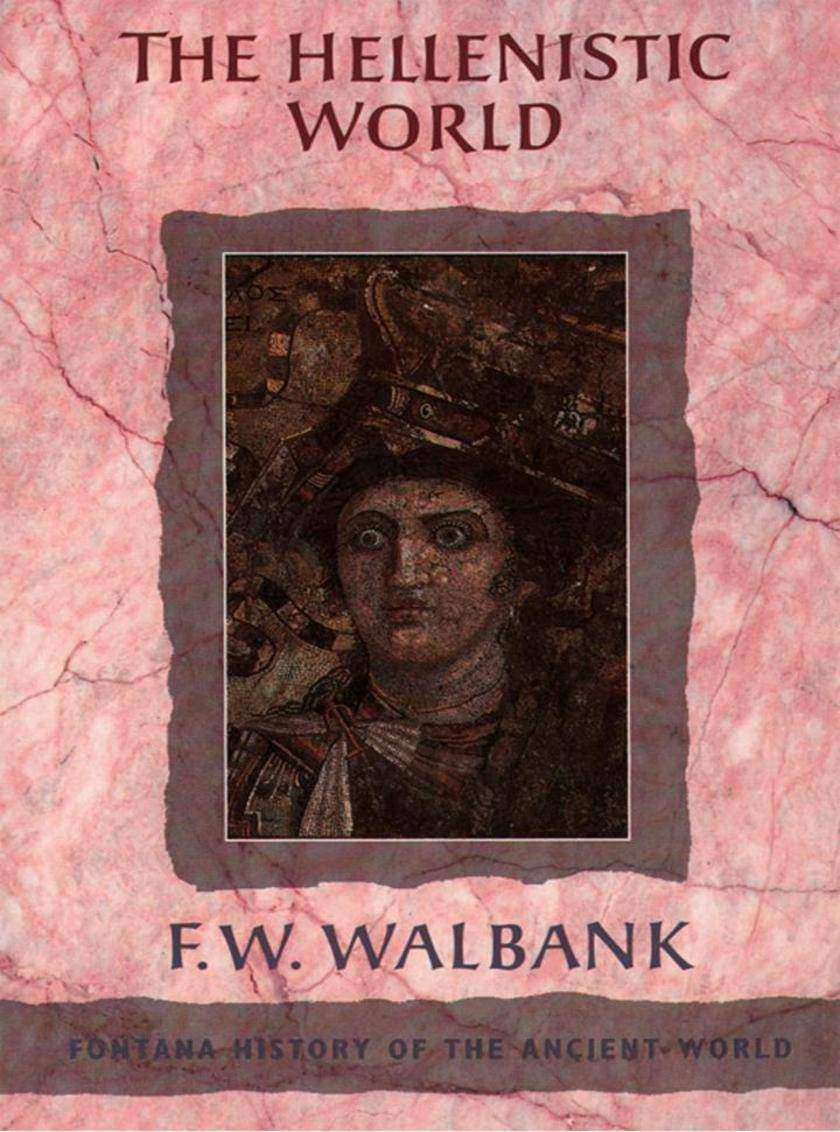
The Hellenistic World
¥88.39
F. W. Walbank was Rathbone Professor of Ancient History and Classical Archaeology at the University of Liverpool and a Fellow of the British Academy.
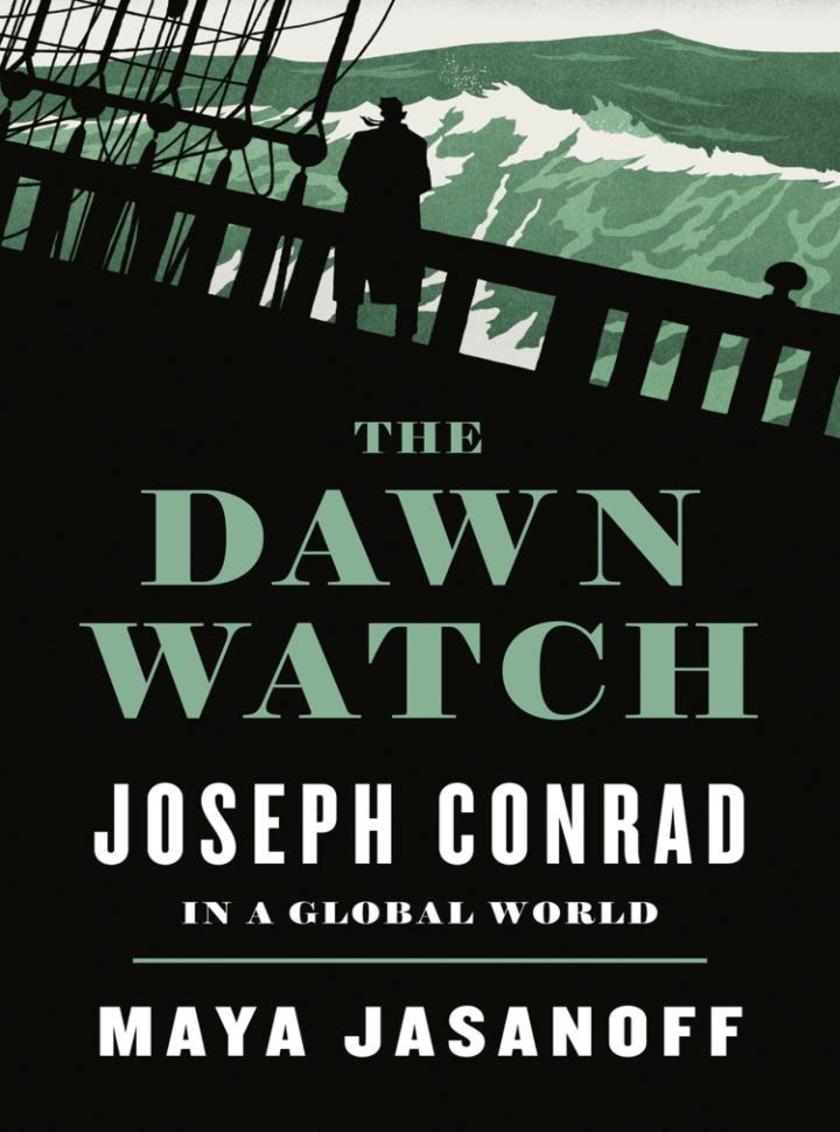
The Dawn Watch: Joseph Conrad in a Global World
¥73.58
Maya Jasanoff is Coolidge Professor of history at Harvard University. Her first book, Edge of Empire, was awarded the 2005 Duff Cooper Prize and was a book of the year selection in numerous publications including the Economist, Guardian and Sunday Times. Her second, Liberty’s Exiles was shortlisted for the 2011 Samuel Johnson Prize (now Baillie Gifford). A 2013 Guggenheim Fellow, Jasanoff won the prestigious 2017 Windham-Campbell Prize for Non-Fiction. Her essays and reviews appear frequently in publications including The Guardian, The New York Times, and The New York Review of Books.

Kindness: The Little Thing that Matters Most
¥73.58
‘Urgently needed – rugs.’ That was the message that started everything. I was searching online for second-hand furniture, when I came across the plea for help. It was a Wanted ad placed by a woman who sounded desperate. I emailed her and was heartbroken by what I learned. She needed the rugs to cover her broken floor so her young children wouldn’t cut their feet. She was a single mum who had fled a horrifying domestic situation and was starting all over again with nothing. I wanted to help her, and I was sure that if others knew about her, they would want to help, too. So I spread the word among my friends and family, and household goods soon started pouring in.I delivered everything to her one afternoon – piles of bedding, furniture, kitchenware, clothing, toys and some gift vouchers. I will never forget the look on her face when she opened the door. She was in complete shock that people she didn’t even know would be willing to help her. This was a woman very much in need of kindness, and strangers helped her feel loved when she needed it the most.
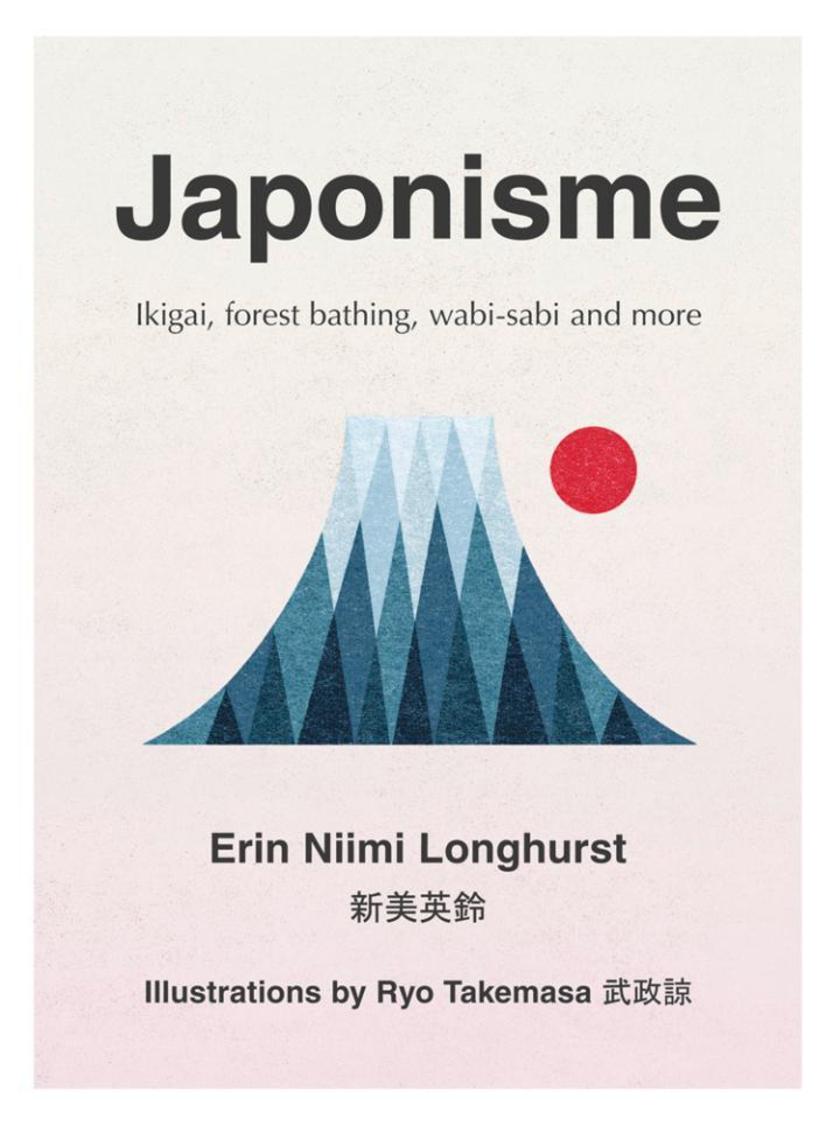
Japonisme: Ikigai, Forest Bathing, Wabi-sabi and more
¥73.58
Erin Niimi Longhurst has always treasured the Japanese traditions that shaped her upbringing. She spends time in Japan every year and currently lives in London. Her blog Island Bell focuses on food travel and lifestyle. She currently works freelance as a digital marketeer.
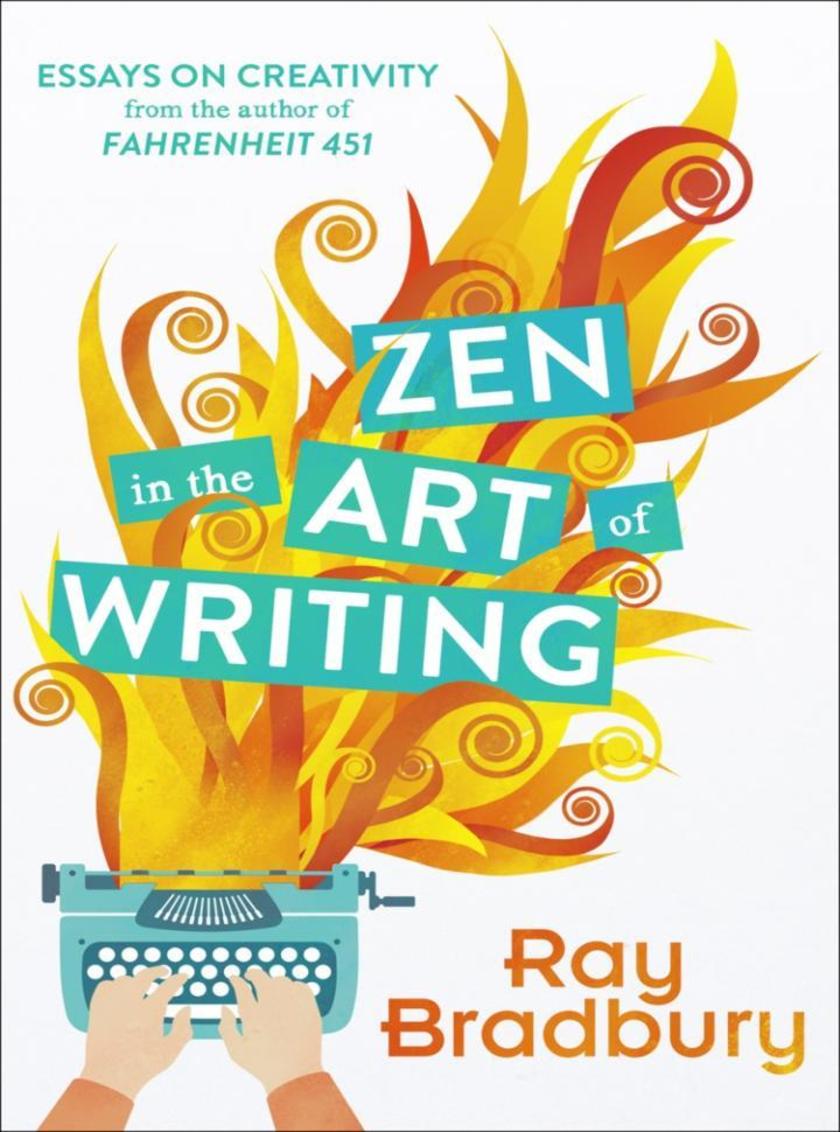
Zen in the Art of Writing
¥67.49
One of the greatest science fiction and fantasy writers of all time, Ray Bradbury was born in Waukegan, Illinois, in 1920. He moved with his family to Los Angeles in 1934. Since his first story appeared in Weird Tales when he was twenty years old, he published some 500 short stories, novels, plays, scripts and poems. Among his many famous works are Fahrenheit 451, The Illustrated Man and The Martian Chronicles. Ray Bradbury died in 2012 at the age of 91.

The Lazy Golfer’s Companion
¥100.06
It is 09.48 on a sunny Saturday; the scene of a typical club fourball, almost anywhere in the world. On the first tee, Doug and Brian have been loitering around for four or five minutes, swishing the odd club and talking sotto voce about share prices. With one eye on the clock, as their starting time is 09.50 (where on earth are Matt and Bob?) they are also wondering if they will finish the round in time for a leisurely drink. The ritual session at the nineteenth is indispensable for all.The ‘early birds’, an assorted bunch of club members who tee off often at first light (possibly because wives demand they are back in “reasonable” time for shopping, visits or even gardening) are well over the horizon. Moodily they watch the four in front criss-crossing the fairway in the mid-foreground at an agonisingly slow amble.

Railway Day Trips: 160 classic train journeys around Britain
¥95.06
From a very young age Julian Holland has had a fascination with railways. He is a writer and photographer on many railway books, including the highly acclaimed and award winning The Times Mapping the Railways (2011), Exploring Britain’s Lost Railways (2013) and Great Railway Journeys of the World (HarperCollins, 2014). As well as being passionate about train travel, Julian is a leading commentator in the media on railways.
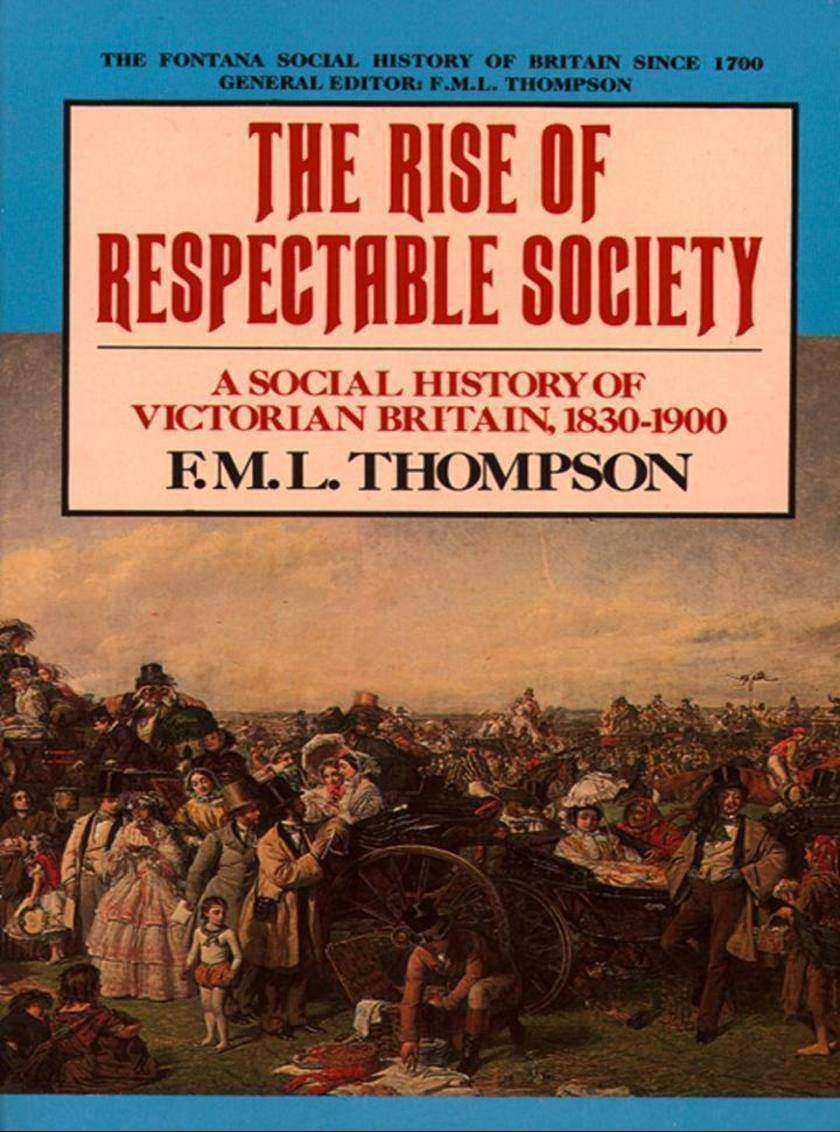
The Rise of Respectable Society: A Social History of Victorian Britain
¥73.48
By F. M. L. Thompson
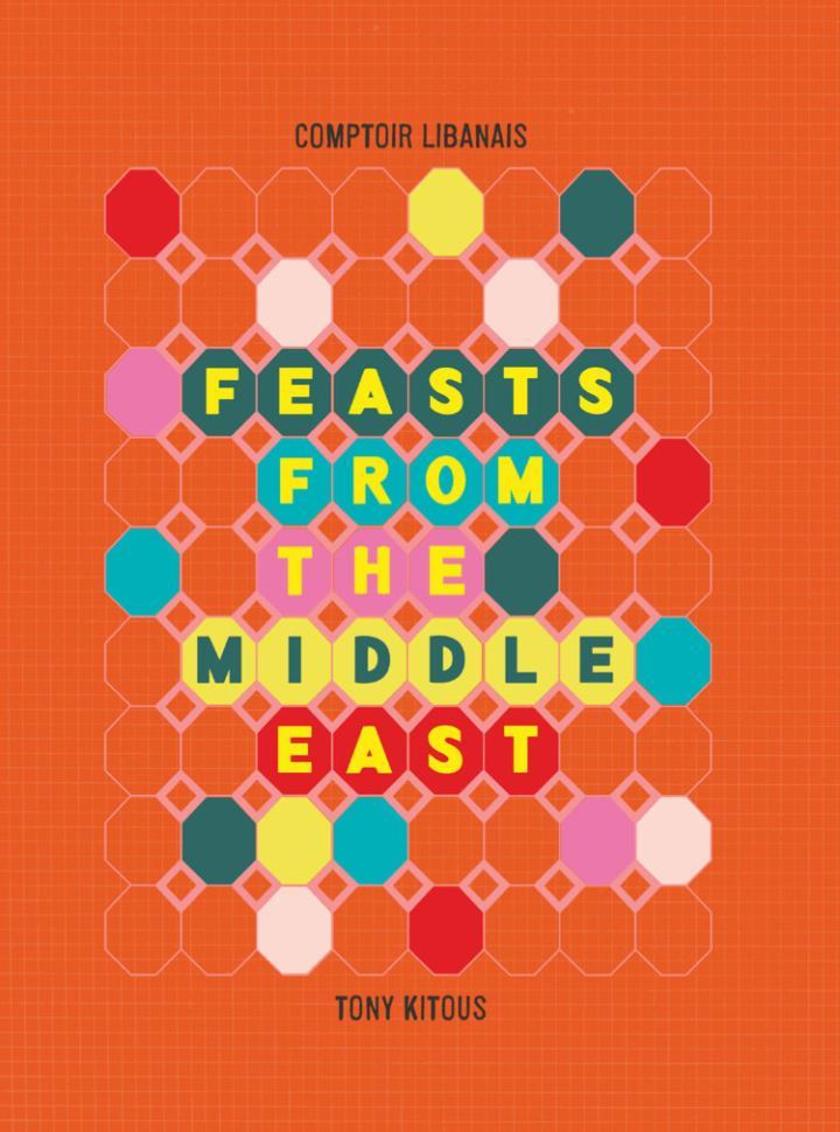
Feasts From the Middle East
¥147.35
Tony Kitous arrived in London for the first time on August 6, 1988, aged 18, he spent his 1st night sleeping in Victoria coach station and spent the next fortnight living off chocolate. The self-styled Algerian “street boy” had just ?70 in his pocket and was meant to be on a holiday with a school friend. More than 29 years later, the now hugely successful owner of the Comptoir Libanais canteen and delicatessen chain has 24 branches in and London and around the UK, employing around 1000 staff. They are part of an empire which also encompasses three Shawa - Lebanese grill outlets, as well as prestige restaurants such as Levant on Wigmore Street and Kenza in the city of London.

Marcus at Home
¥147.35
MARCUS WAREING is one of the most respected and acclaimed chefs and restaurateurs in Britain today. Originally from Southport, Merseyside, Marcus began his career at the age of 16. An incredible talent, he started acquiring Michelin stars aged just 26 – one of only a handful of chefs to be recognised at such a young age. Over the last 30 years Marcus has been involved in the creation of many of London’s most iconic and celebrated restaurants, including his own restaurant group, Marcus Wareing Restaurants, which he founded in 2008. With two Michelin stars at his flagship restaurant, Marcus, in the Berkeley Hotel, he also owns and operates two other London restaurants, The Gilbert Scott and Tredwell’s.Alongside his Michelin stars, Marcus has also won numerous coveted awards. These include the Acorn Award, Chef of the Year with Caterer and Hotelkeeper, Tatler Restaurateur of the Year and GQ Chef of the Year. A familiar face on our TV screens, Marcus took on the new role as judge on MasterChef:The Professionals in 2014. Marcus lives in London with his wife and three children.

Tom’s Daily Plan: Over 80 fuss-free recipes for a happier, healthier you. All da
¥125.18
Tom Daley is an Olympic athlete and TV presenter.

The Christmas Chronicles: Notes, stories & 100 essential recipes for midwinter
¥190.80
Nigel Slater is the author of a collection of best-selling books and presenter of BBC 1's Eating Together, Simple Cooking and Dish of the Day. He has been food columnist for The Observer for over twenty years. His books include the classics Appetite and The Kitchen Diaries and the critically acclaimed two-volume Tender. His award-winning memoir Toast – the Story of a Boy's Hunger won six major awards and is now a BBC film starring Helena Bonham Carter and Freddie Highmore. His writing has won the National Book Awards, the Glenfiddich Trophy, the André Simon Memorial Prize and the British Biography of the Year. He was the winner of a Guild of Food Writers' Award for his BBC 1 series Simple Suppers.
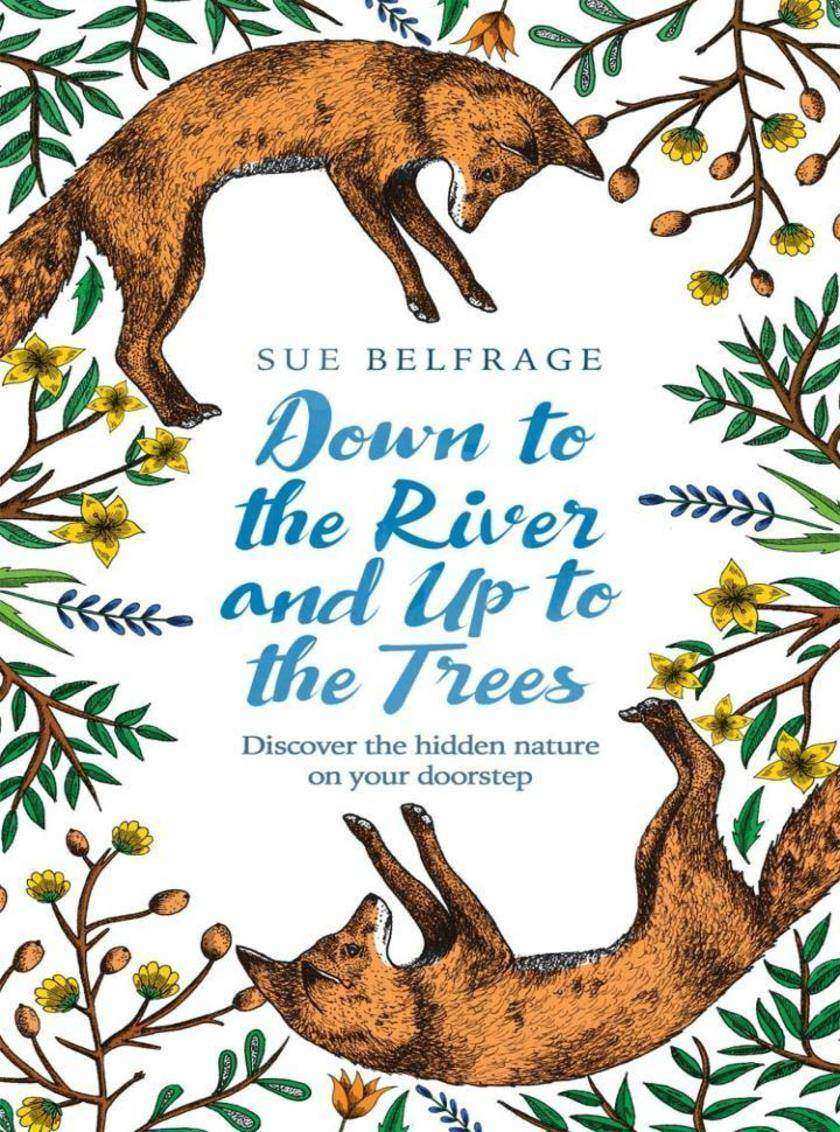
Down to the River and Up to the Trees: Discover the hidden nature on your doorst
¥66.22
Sue Belfrage lives in a cottage in rural Somerset with her husband and pet animals. A writer and artist, she draws inspiration from the land around her.
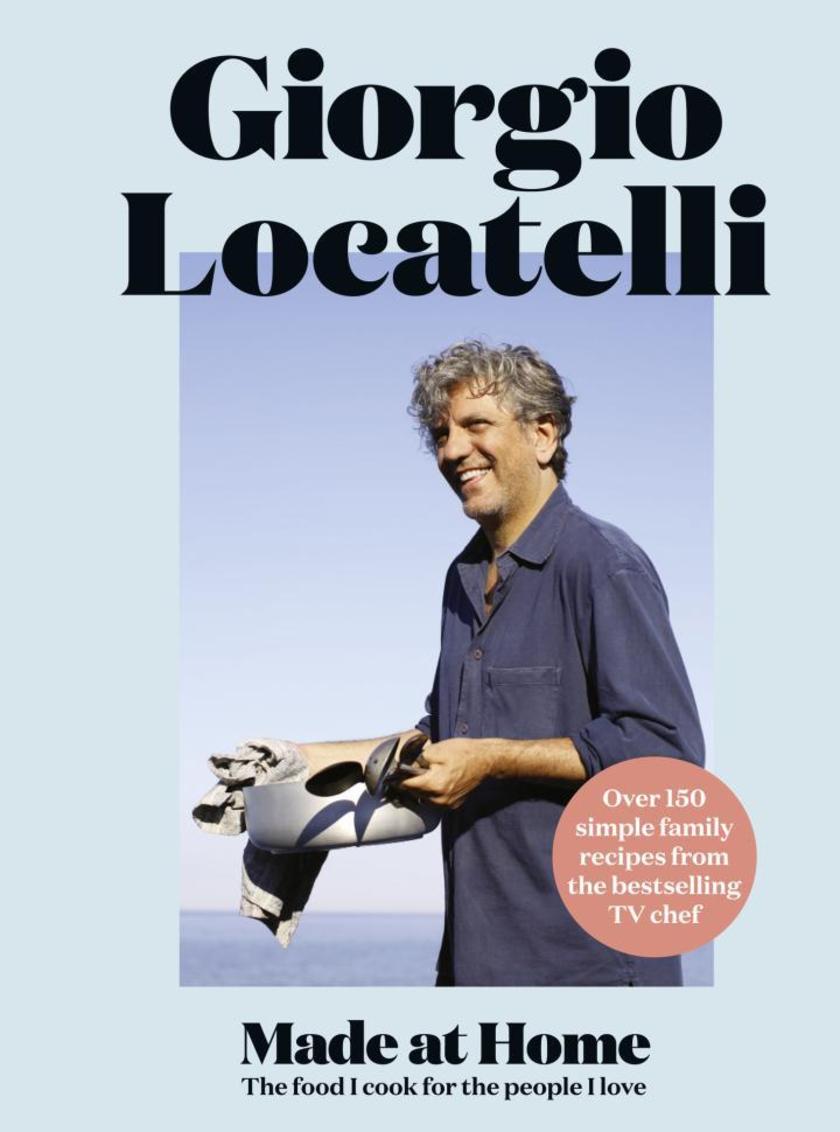
Made at Home: The food I cook for the people I love
¥191.59
Michelin-starred Giorgio Locatelli is one of Britain's best known Italian chefs. Giorgio began his career at his family's restaurant in Italy before coming to London. He was head chef at Zafferano in London from its opening to a storm of praise and press coverage in 1994, before moving in 2002 to open Locanda Locatelli, where he remains chef-patron.

Android Studio Cookbook
¥71.93
Design, test, and debug your apps using Android StudioAbout This BookSee what Material design is about and how to apply it your appsExplore the possibilities to develop apps that works on any type of deviceA step-by-step practical guide that will help you build improved applications, change their look, and debug them Who This Book Is For This book is for developers that are already familiar with programming concepts and have already started creating apps for the Android platform, for example, by using the Eclipse IDE. It is for developers who intend to use Android Studio as their primary IDE or want to use Android Studio more efficiently.What You Will LearnDevelop Android Studio applications using GenymotionApply the concepts of Material design to your applicationsUse memory monitoring tools to tweak performanceBuild applications for Android WearableCapture images, video, or audio within your Android appUse content providers to display dataBuild apps with a cloud-based backendCreate media-related apps that will run on phones, phablets, tablets, and TVs In Detail This book starts with an introduction of Android Studio and why you should use this IDE rather than Eclipse. Moving ahead, it teaches you to build a simple app that requires no backend setup but uses Google Cloud or Parse instead. After that, you will learn how to create an Android app that can send and receive text and images using Google Cloud or Parse as a backend. It explains the concepts of Material design and how to apply them to an Android app. Also, it shows you how to build an app that runs on an Android wear device. Later, it explains how to build an app that takes advantage of the latest Android SDK while still supporting older Android versions. It also demonstrates how the performance of an app can be improved and how memory management tools that come with the Android Studio IDE can help you achieve this. By the end of the book, you will be able to develop high quality apps with a minimum amount of effort using the Android Studio IDE.Style and approach This is a practical guide full of challenges and many real-world examples that demonstrate interesting development concepts. Besides smartphones and tablets, it also covers Android wearable devices and Android TV. Although strongly recommended, it is not necessary to own any Android device yourself.

Elasticsearch for Hadoop
¥71.93
Integrate Elasticsearch into Hadoop to effectively visualize and analyze your dataAbout This BookBuild production-ready analytics applications by integrating the Hadoop ecosystem with ElasticsearchLearn complex Elasticsearch queries and develop real-time monitoring Kibana dashboards to visualize your dataUse Elasticsearch and Kibana to search data in Hadoop easily with this comprehensive, step-by-step guide Who This Book Is For This book is targeted at Java developers with basic knowledge on Hadoop. No prior Elasticsearch experience is expected.What You Will LearnSet up the Elasticsearch-Hadoop environmentImport HDFS data into Elasticsearch with MapReduce jobsPerform full-text search and aggregations efficiently using ElasticsearchVisualize data and create interactive dashboards using KibanaCheck and detect anomalies in streaming data using Storm and ElasticsearchInject and classify real-time streaming data into ElasticsearchGet production-ready for Elasticsearch-Hadoop based projectsIntegrate with Hadoop eco-system such as Pig, Storm, Hive, and Spark In Detail The Hadoop ecosystem is a de-facto standard for processing terra-bytes and peta-bytes of data. Lucene-enabled Elasticsearch is becoming an industry standard for its full-text search and aggregation capabilities. Elasticsearch-Hadoop serves as a perfect tool to bridge the worlds of Elasticsearch and Hadoop ecosystem to get best out of both the worlds. Powered with Kibana, this stack makes it a cakewalk to get surprising insights out of your massive amount of Hadoop ecosystem in a flash. In this book, you'll learn to use Elasticsearch, Kibana and Elasticsearch-Hadoop effectively to analyze and understand your HDFS and streaming data. You begin with an in-depth understanding of the Hadoop, Elasticsearch, Marvel, and Kibana setup. Right after this, you will learn to successfully import Hadoop data into Elasticsearch by writing MapReduce job in a real-world example. This is then followed by a comprehensive look at Elasticsearch essentials, such as full-text search analysis, queries, filters and aggregations; after which you gain an understanding of creating various visualizations and interactive dashboard using Kibana. Classifying your real-world streaming data and identifying trends in it using Storm and Elasticsearch are some of the other topics that we'll cover. You will also gain an insight about key concepts of Elasticsearch and Elasticsearch-hadoop in distributed mode, advanced configurations along with some common configuration presets you may need for your production deployments. You will have “Go production checklist” and high-level view for cluster administration for post-production. Towards the end, you will learn to integrate Elasticsearch with other Hadoop eco-system tools, such as Pig, Hive and Spark.Style and approach A concise yet comprehensive approach has been adopted with real-time examples to help you grasp the concepts easily.

Mastering PowerCLI
¥99.18
Master PowerCLI to automate all aspects of VMware environmentsAbout This BookLeverage PowerCLI to perform administration tasks in a more effective and efficient wayEscape from daily tedious and repetitive tasks by unleashing the full potential of your creative side through *ingMaster the intricate workings of PowerShell and PowerCLI through easy and real-life examples Who This Book Is For If you are a system administrator with working knowledge of PowerShell and PowerCLI who wants to perform quick and easy *ing but at the same time achieve complex results and write production grade *s, then this book is for you.What You Will LearnUse GitHub for collaboration and Pester to automate unit testsWrite advanced reusable functions and dynamic variables and learn about error handling in PowerShellAutomate ESXi host installation using Auto-Deploy, host profile, and host imageImplement security best practices in a vSphere data centerManage SRM, vCloud Air, and vRealize Operations environmentsAccess and utilize vSphere APIs to manage advanced aspects of vSphere and work with .NET view objectsUtilize REST APIs to manage vRealize Automation environmentsCreate a Windows GUI through the use of PowerShell and Sapien PrimalForms CE In Detail Have you ever wished that every morning you could automatically get a report with all the relevant information about your datacenter in exactly the same format you wantOr whether you could automate that boring, exhausting taskWhat if some crucial task needs to be performed on a regular basis without any errorPowerCLI *s do all that and much more for VMware environments. It is built on top of the popular Windows PowerShell, with which you can automate server tasks and reduce manual input, allowing you to focus on more important tasks. This book will help you to achieve your goals by starting with a short refresher on PowerShell and PowerCLI and then covering the nuances of advanced functions and reusable *s. Next you will learn how to build a vSphere-powered virtualized datacenter using PowerCLI while managing different aspects of the environment including automated installation, network, and storage. You will then manage different logical constructs of vSphere environment and different aspects of a virtual machine. Later, you will implement the best practices for a security implementation in vSphere Environment through PowerCLI before discovering how to manage other VMware environments such as SRM, vCloud Director and vCloud Air through PowerCLI. You will also learn to manage vSphere environments using advanced properties by accessing vSphere API and REST APIs through PowerCLI. Finally, you will build a Windows GUI application using PowerShell followed by a couple of sample *s for reporting and managing vSphere environments with detailed explanations of the *s. By the end of the book, you will have the required in-depth knowledge to master the art of PowerCLI *ing.Style and approach In this book, every topic is explained in a very easy-to-follow fashion with real-life, simple examples so that you get an idea of not only the topic but also the context in which it should be used or where it can be best utilized.

Creating Stunning Dashboards with QlikView
¥71.93
Bring real business insights to your company through effective and engaging dashboards in QlikViewAbout This BookBuild outstanding dashboards that respond to your company’s information needsPresent the data in efficient and innovative ways to promote insightsUnleash the true power of QlikView by creating engaging visualizations Who This Book Is For This book is focused on QlikView developers with basic knowledge of *ing and layouts who want to improve their designing skills and build effective, eye-catching dashboards that deliver tangible value to their business.What You Will LearnBuild a comprehensive library of QlikView components to speed up your developmentsDefine a practical roadmap that will help you build business-driven dashboardsExplore the most effective and engaging ways to present dataApply the best practices in the field of data visualizationAvoid common pitfalls when creating bar, line and pie chartsCreate robust visualizations such as heat maps, histograms and scatter plots In Detail QlikView is one of the most powerful analytical tools in the market. Based on an in-memory associative model, it lets users freely navigate through the data, spot trends and make better decisions. This platform is capable of integrating a wide range of data sources like ERP systems, data warehouses or spreadsheets into a single application in order display dashboards with state-of-the-art visualizations. Creating Stunning Dashboards with QlikView is an easy to follow handbook that guides you through the process of creating an effective and engaging dashboard that delivers tangible value to the business. It starts with the identification of the business needs and the definition of the main KPIs, and takes you all the way to the application rollout. Throughout the book, you will learn how to apply some of the best practices in the field of data visualization, create a robust navigation schema, chose the best chart types for each scenario and many other things that will help you create effective dashboards that uncover all the stories behind the data.Style and approach This easy-to-follow compilation of best practices, tips, and tricks will help you leverage your QlikView developments. Each section presents practical guidelines to help you create dashboards that are not only functional, but also engaging and compelling.




 购物车
购物车 个人中心
个人中心



